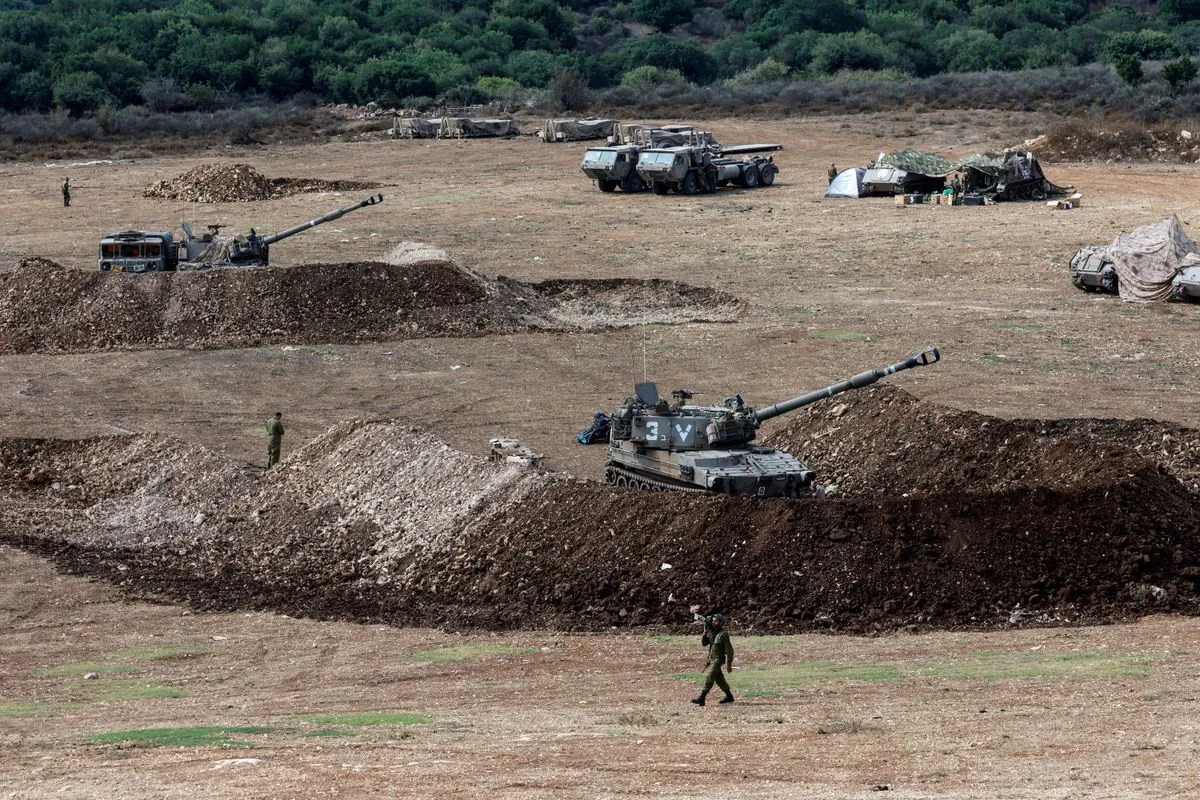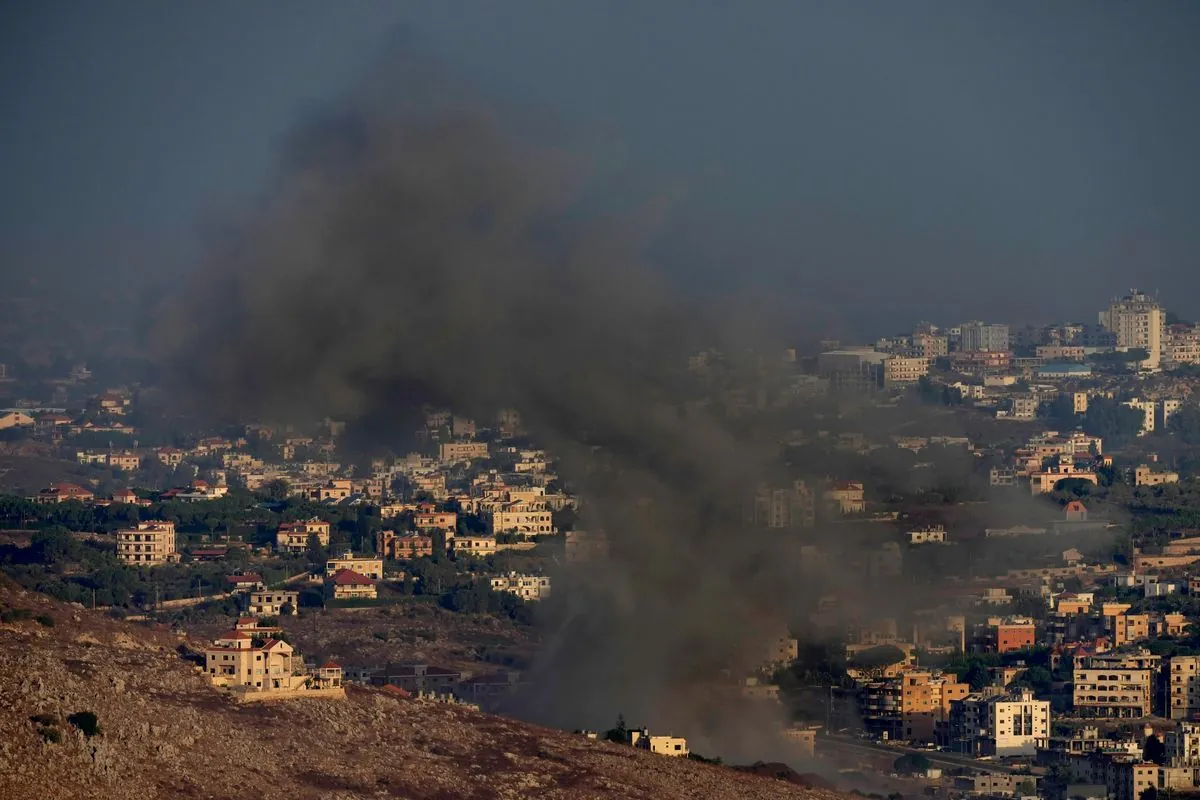Israeli Forces Enter Lebanon in Limited Raids Against Hezbollah
Israeli troops conduct "localized" raids in Lebanon, targeting Hezbollah. Evacuation warnings issued, raising concerns of potential larger-scale operation. Cross-border fire continues amid tensions.

In a significant development, Israeli military forces have reportedly entered Lebanese territory, conducting what they describe as "localized" raids against Hezbollah targets. This operation marks a potential escalation in the ongoing conflict between Israel and the Shi'a Islamist group.
The Israeli Defense Forces (IDF) stated that ground troops crossed the Israel-Lebanon border, which spans approximately 120 kilometers, late on September 30, 2024. Their primary objective is to target Hezbollah fighters and infrastructure in the immediate vicinity of the border. However, Hezbollah has contested this claim, asserting that they have not observed any Israeli troop presence and are prepared to confront any incursion.
This latest military action follows a series of Israeli airstrikes that reportedly resulted in the deaths of Hassan Nasrallah, Hezbollah's leader since 1992, and several high-ranking commanders. The strikes have also led to the displacement of hundreds of thousands of Lebanese civilians from their homes.
Israel has expanded its evacuation warnings in southern Lebanon, affecting a wider area beyond the initial target zone. This move has sparked concerns about the possibility of a more extensive ground invasion. The United Nations Interim Force in Lebanon (UNIFIL), established in 1978, has not confirmed the presence of Israeli troops but stated they were notified of the operation.

An anonymous Israeli military official revealed that the ground troops are currently operating within walking distance of the border, focusing on small Lebanese villages located just hundreds of meters from Israeli territory. The official emphasized that the operation does not mirror the scale of Israel's ground incursions in Gaza, where heavy artillery and tanks were deployed.
"Marching to Beirut, as Israel did in its 1982 invasion of Lebanon, is not on the table."
Despite the limited nature of the current operation, the situation remains tense. Hezbollah has continued to launch rockets towards Israel, including a rare volley targeting central Israel on October 1, 2024. In response, Israeli artillery units have been striking targets in southern Lebanon.
The conflict has historical roots, with the 2006 Lebanon War lasting 34 days and resulting in the establishment of a UN-declared buffer zone. The current situation echoes past conflicts, such as the 1982 Lebanon War, also known as the First Lebanon War, which was initially presented as a limited incursion but escalated significantly.
As tensions rise, it's worth noting that Lebanon's population of approximately 5.5 million and Israel's northern district, with about 1.4 million residents, are directly affected by these developments. The Lebanese Armed Forces, with around 80,000 active personnel, face a challenging situation as the conflict unfolds.
The international community watches closely as the situation develops, with concerns about the potential for further escalation in this volatile region. The Blue Line, a border demarcation established by the UN in 2000, and the disputed Shebaa Farms area remain points of contention between Lebanon, Syria, and Israel.
As the conflict continues, the effectiveness of Israel's Iron Dome defense system, first deployed in 2011, may be tested against Hezbollah's rocket attacks. The coming days will be crucial in determining whether this limited operation remains contained or if it evolves into a larger confrontation, potentially impacting the delicate balance established by agreements such as the 1989 Taif Agreement that helped end the Lebanese Civil War.


































